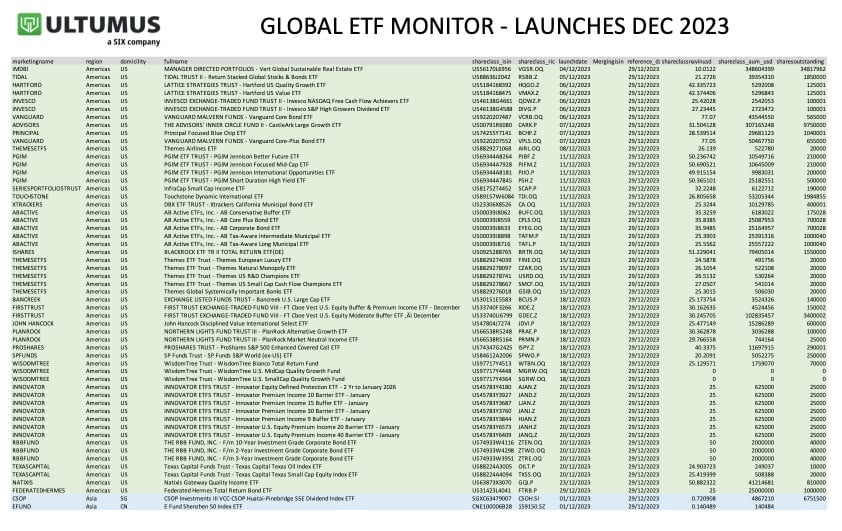Subversive ETFS
Subversion, or criticism of the government, in totalitarian regimes, such as Russia today or East Germany under communism, can lead to long stays in prison. In free societies a new range of ETFs is now branded subversive, yet two of them actually mimic politicians’ trading – and others seem well aligned with US policy.
Democratic Senator, Nancy Pelosi, is one of the most active stock traders in Congress. Her disclosed stock trades are sometimes viewed as uncannily successful, leading to speculation that she has benefited from prior knowledge of laws and regulations that might help or hurt certain companies. This is not a phenomenon isolated to the octogenarian lawmaker. Studies show that Congress members in aggregate have beaten the US equity market, which is no mean feat when most active fund managers underperform this relatively efficient market.
There are calls to ban US politicians from trading stocks – and indeed Federal Reserve policymakers have since February 2022 already been subject to an extensive range of restrictions after some controversy around their share trades.
But for the time being, if you cannot beat the politicians’ investment record, you can at least join them through the Unusual Whales Democratic ETF, with ticker NANC. Its largest holdings are mega cap tech stocks, including all of the MAGA – Microsoft, Amazon, Apple, Google, as well as Salesforce and Nvidia. As such, this has some overlap with the Nasdaq tech index.
Those who place more faith in Republicans’ stock-picking prowess could look at the sister product, Unusual Whales Republican ETG, with ticker KRUZ alluding to Texas Senator Ted Cruz, who has done well out of oil and gas stocks. The largest weightings include energy firms Magellan Midstream Partners, Energy Transfer, and European headquartered oil company Shell. More controversially, tobacco firm Philip Morris is present, which could put this ETF off limits for many ESG investors that have been excluding tobacco for decades. If the Republican ETF owns what could be perceived as “sin” sectors, it is perhaps the more subversive one.
Bernie’s View
The expense ratio of 0.75% is a little higher than the 0.45% on the Goldman Sachs Hedge Fund VIP Index TR, ticker GVIP, which is based on a similar concept, tracking hedge fund managers’ long trades based on their regulatory filings.
In both cases, the tracking is not contemporaneous and there is some debate over whether time lags for reporting trades will dilute the alpha; though long term studies still show some value in the information.
Three of Subversive’s other ETFs focus on topical policy themes: DKRB for decarbonization, SANE for mental health, and KCAL for food security.
DKRB could be controversial to the extent that some ESG mandates exclude nuclear energy, though in fairness none of the Subversive ETFs are branded as ESG per se. DKRB is very much aligned with current US policy. For instance, the US Inflation Reduction Act provides gargantuan subsidies or tax credits and support for renewable energy.
KCAL is heavily invested in fertilizer makers, a fairly volatile group which have recently gained from lower natural gas prices. SANE’s top ten holdings are pretty much all household name drug companies- time will tell if they turn out much different than a broad pharma or healthcare ETF.
The sixth, PUNK, is a metaverse themed ETF. In common with some web3 branded ETFs, it does contain the usual suspects in terms of large cap US technology hardware, software, semiconductors etc . But PUNK also has some perhaps less obvious metaverse applications, including a hefty weighting in entertainment and leisure, and some healthcare and life sciences.
The political ETFs are certainly novel. For the others, investors might want to wait and see if they perform much differently from other apparently similar industrial sector ETFs, which can also be cheaper.



